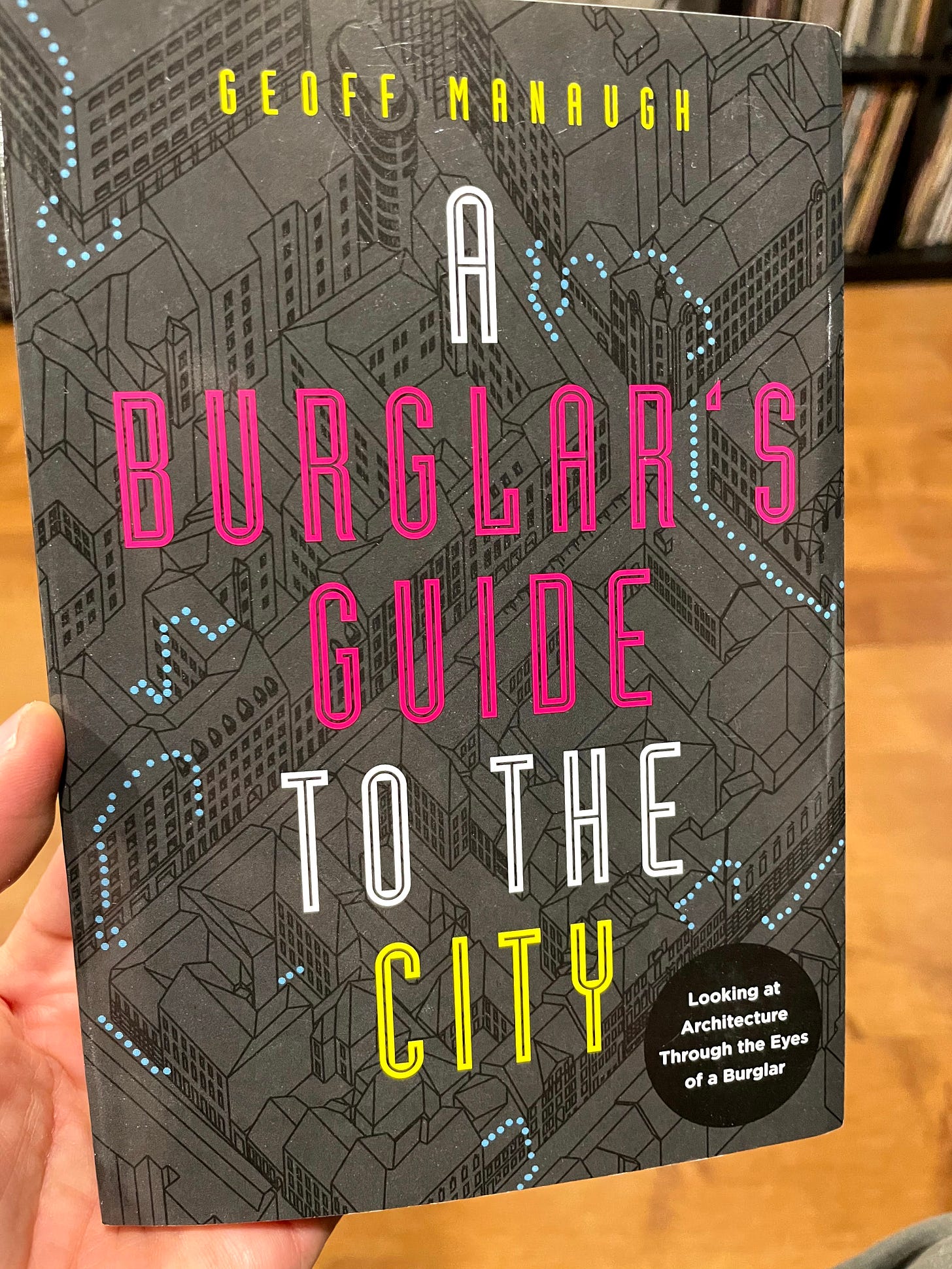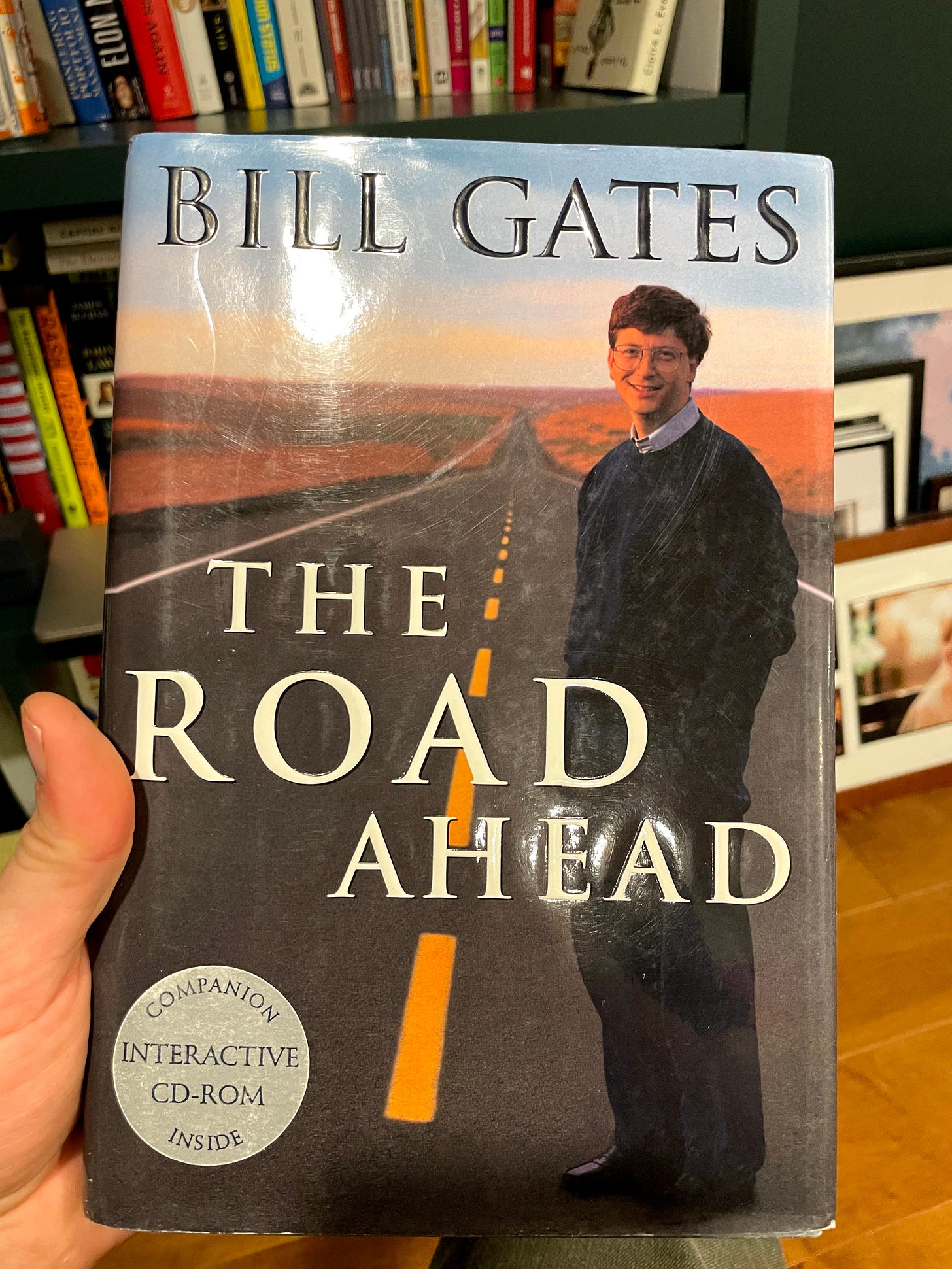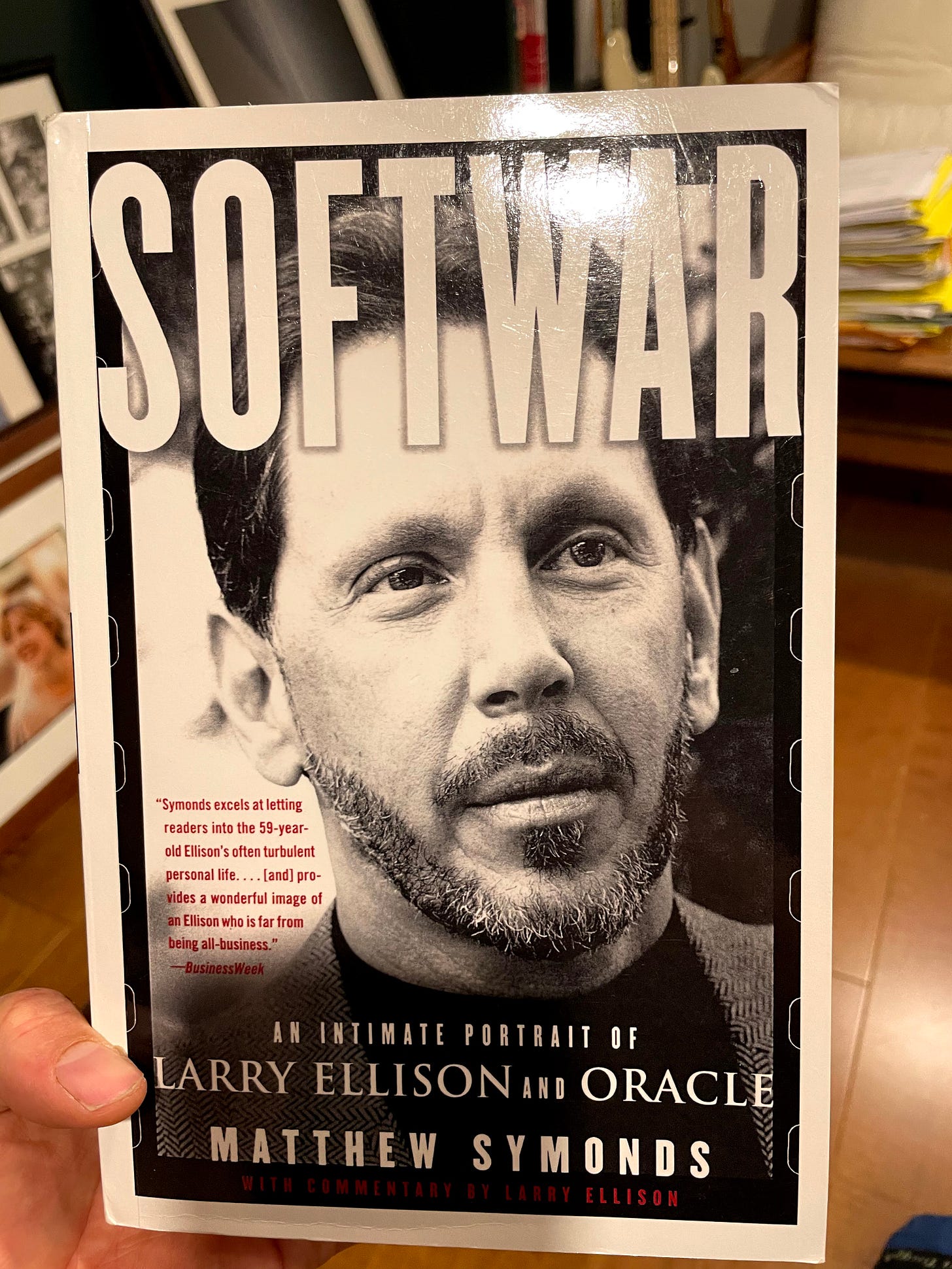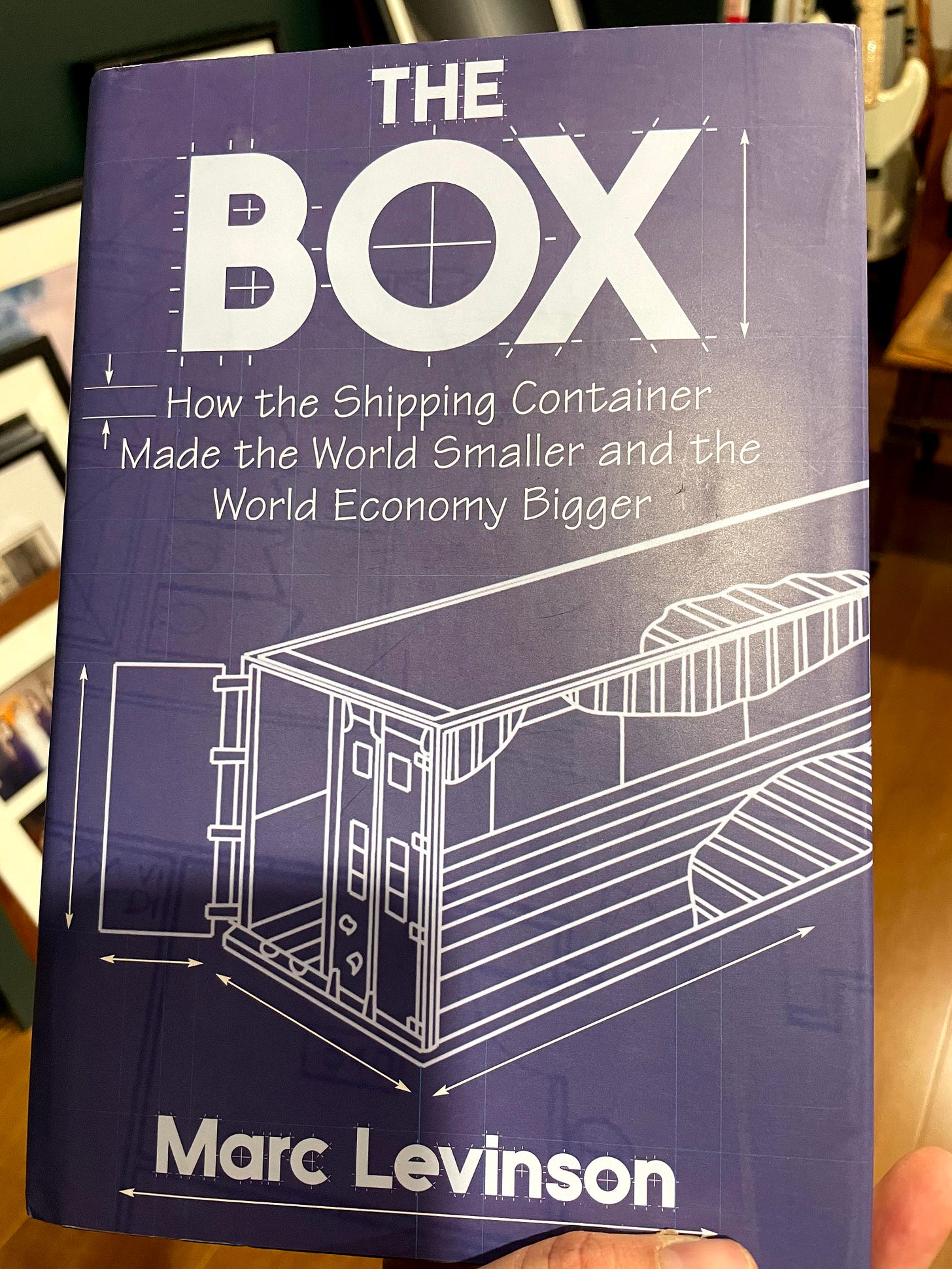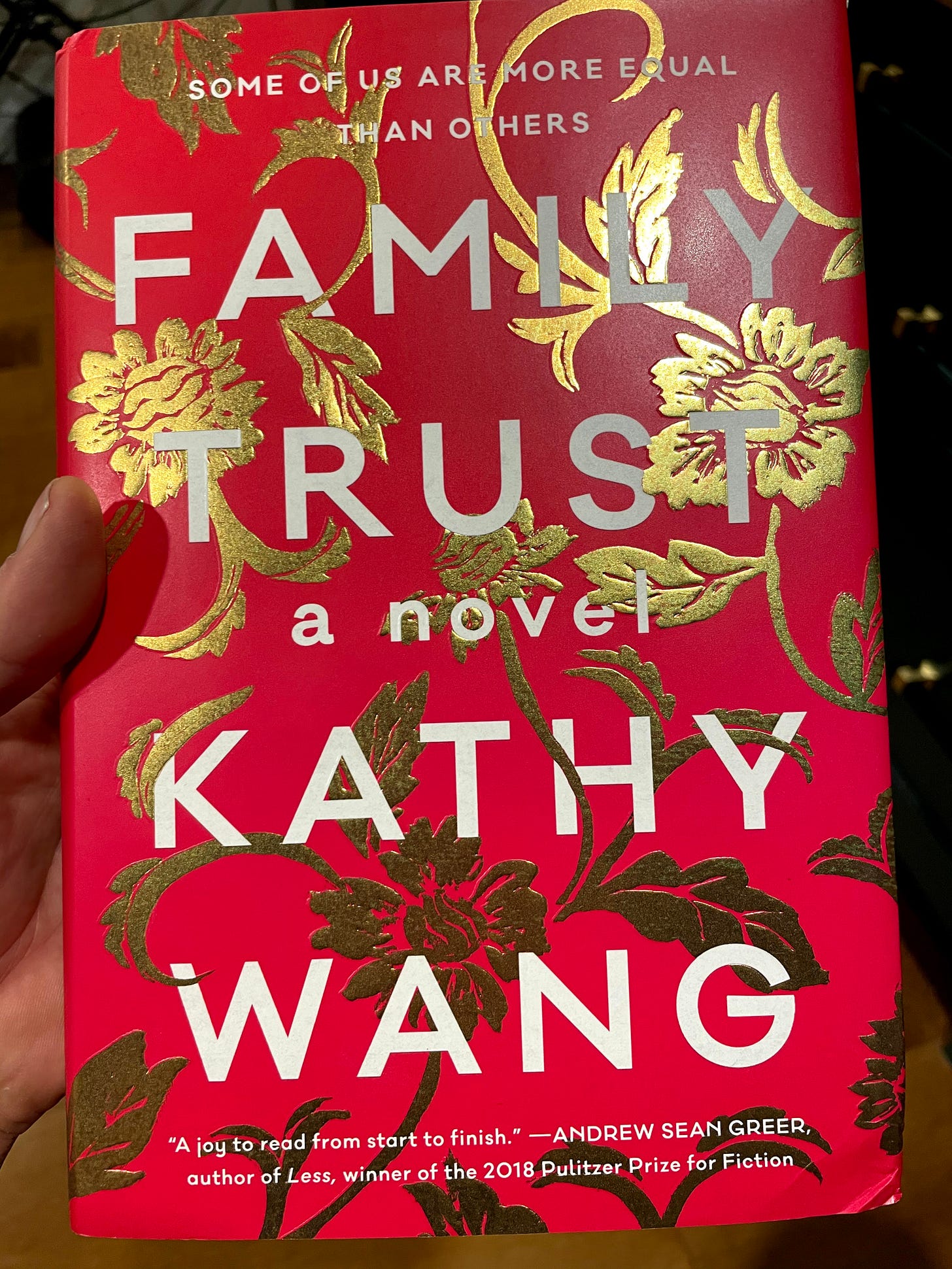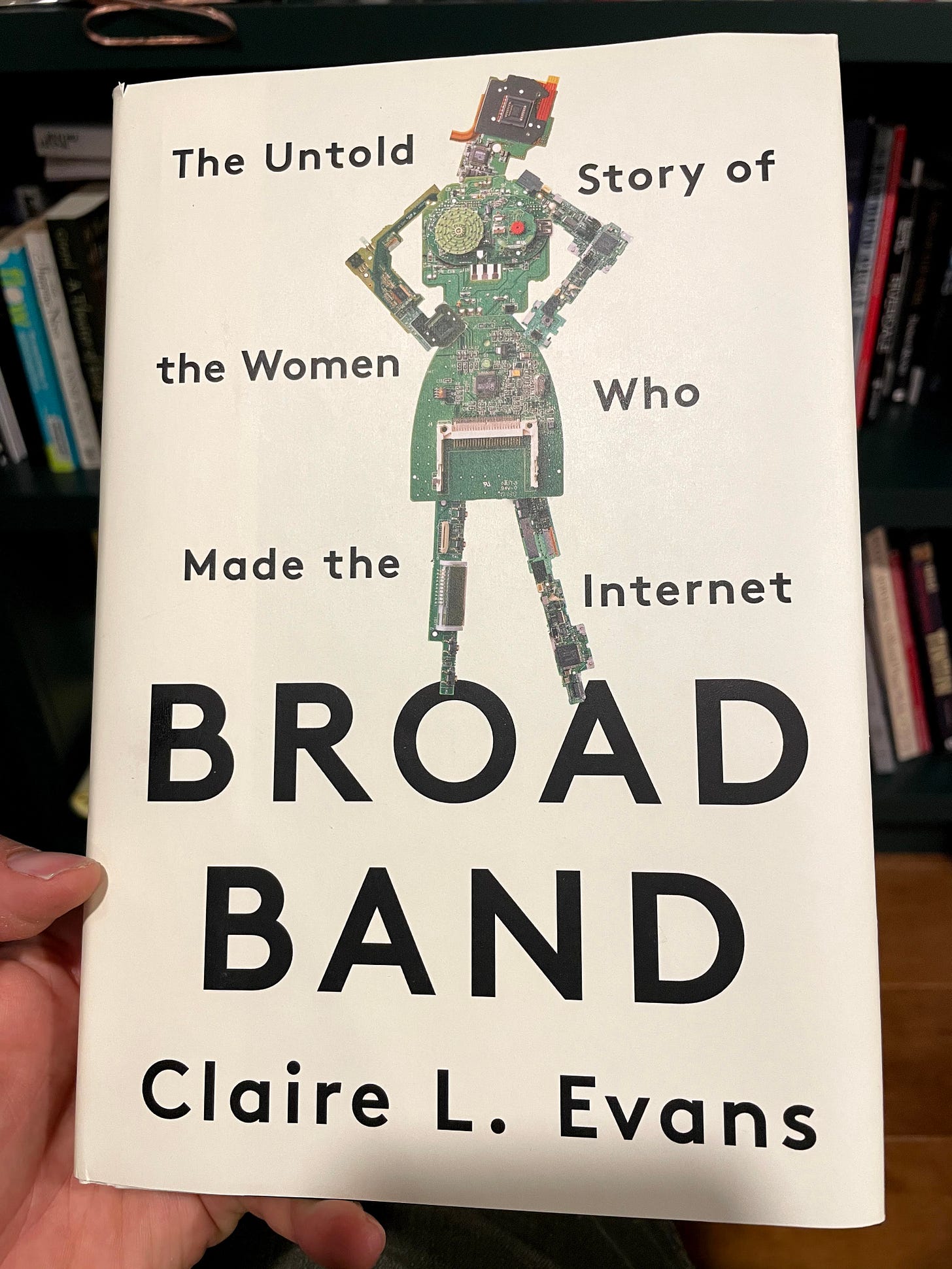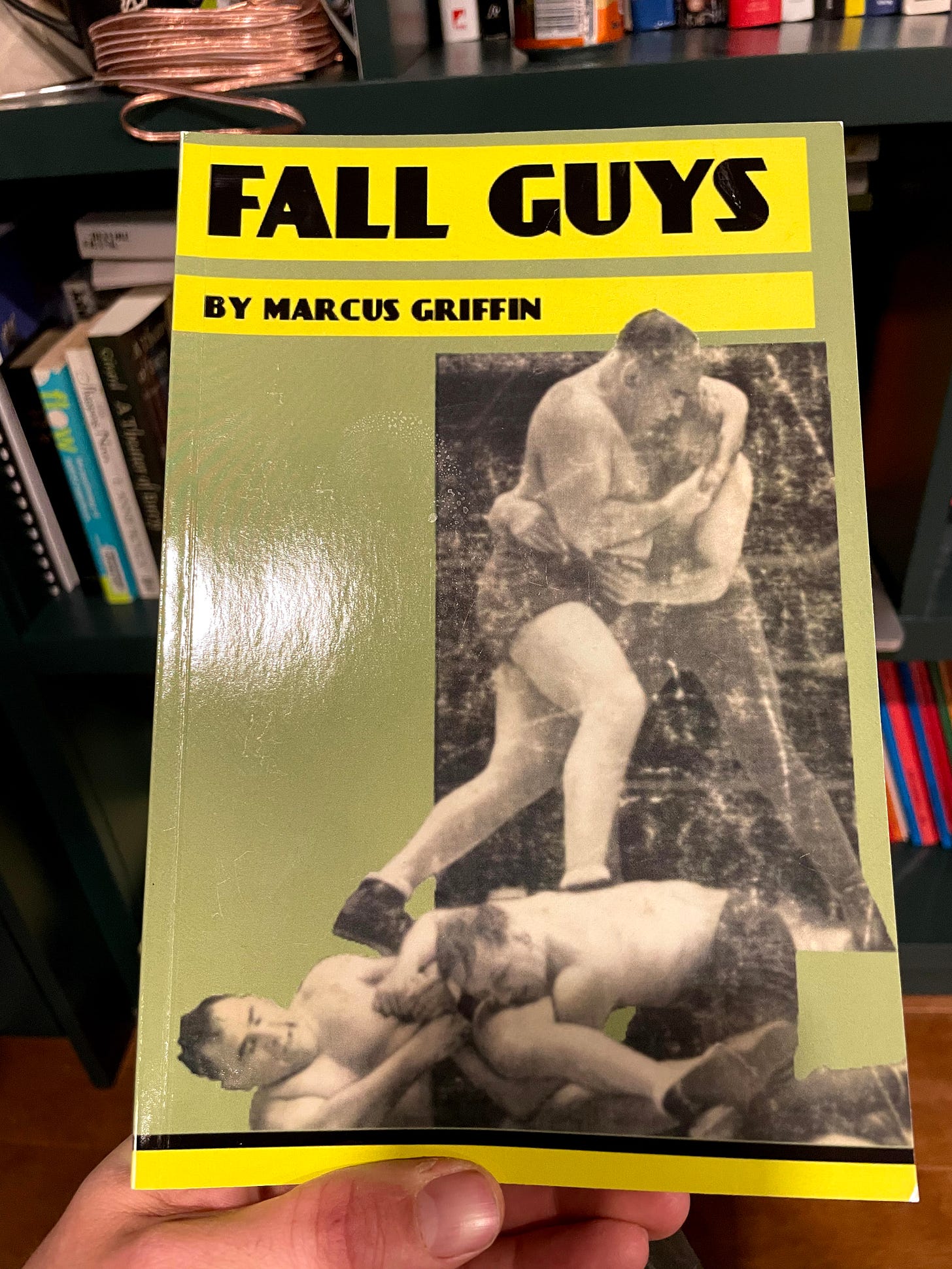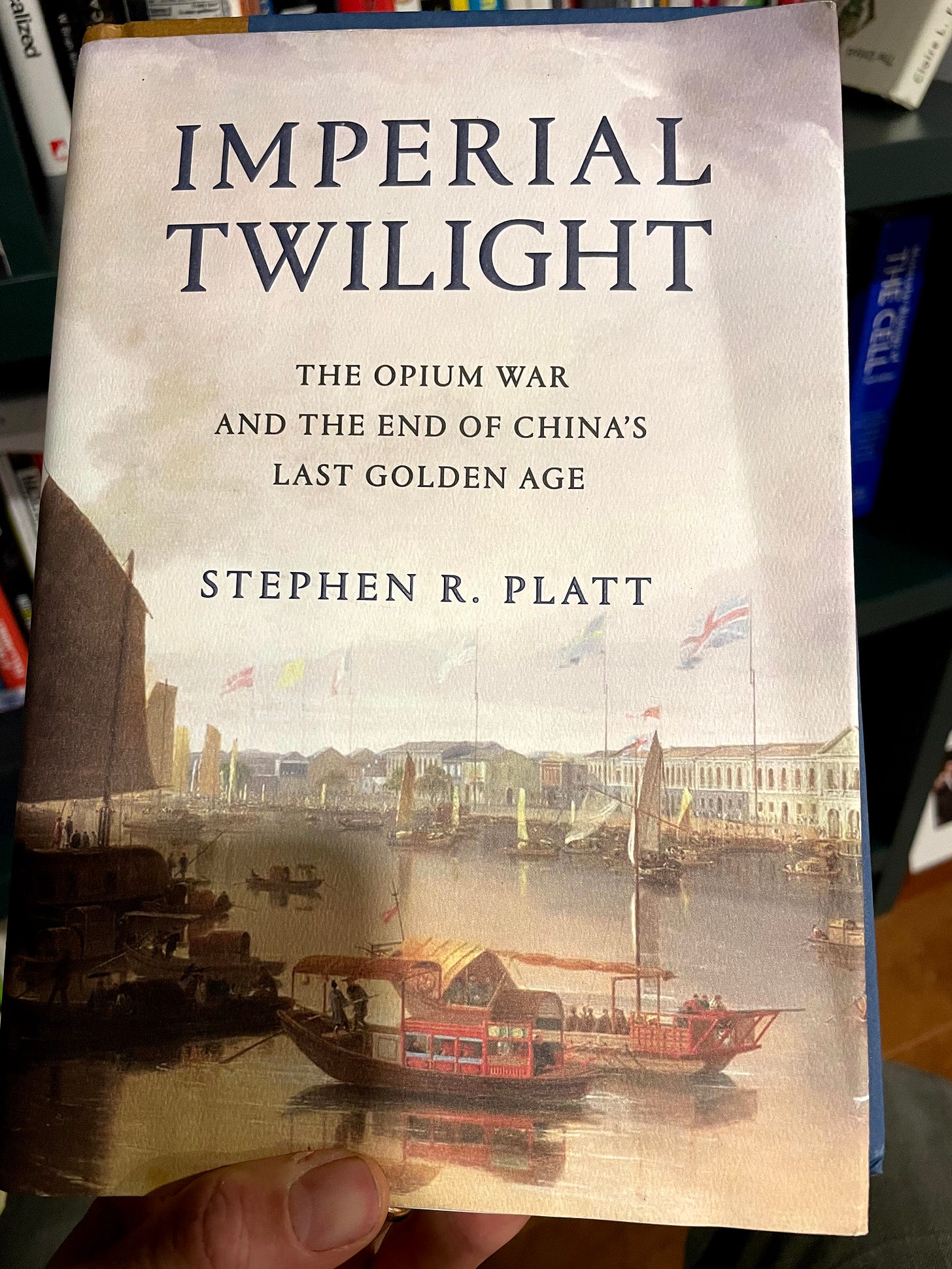Ten Books
Alex Danco's Newsletter, Season 3 Episode 9
Hey everyone, my apologies for this being the second week in a row with no ‘real’ newsletter - lots of good things going on right now both on Shopify life and family side, and also I have to do my taxes so that really doesn’t leave any time for blogging. But - I do have something this week instead, which is a bunch of book recommendations. From time to time people ask me for book recs that I’ve particularly enjoyed, so here are ten good ones.
1: A Burglar’s Guide to the City, by Geoff Manaugh.
This is a fascinating little book that teaches you a great deal about Security Mindset. It’s fun to think through questions like “Why is there way more bank robbery in Los Angeles than in New York?”, which have retrospectively obvious driving factors like parking and freeway access: it’s a lot harder to rob a bank when you can’t have a getaway car waiting, or a freeway to jump onto quickly. The book takes you through all of these different aspects of buildings you’d never thought about before, like roof construction, from the point of view of how you might slip in and out of a building through them. (We hear from one burglar, who specialized in robbing McDonalds chains by cutting through their flimsy roofs, dropping in behind the counters, robbing the startled employees, and then rappelling back up and out to freedom.)
2: The Road Ahead, by Bill Gates (1995)
It’s really, really valuable to read primary source material. When you read books that look back at the history and evolution of the internet, obviously they have the benefit of hindsight to say, “well X happened, because Y. And X didn’t happen, because A, B, C.” The problem with that kind of perspective is that it seduces you into those nice, tidy explanations, where cause-and-effects are clear and retrospectively constructed. And that’s not how the world actually works. It’s not how the world appears in front of you, nor is how the world actually evolves.
So when you do go read these at-the-time accounts, like The Road Ahead, with the knowledge of what went on to happen in real life, you get the best of both worlds. You have the answer key to how the world ended up, but you aren’t denied the rich complexity and ambiguity of what the world actually looked like at the time. 1995 was obviously a pivotal point in the history of the internet; we know it now, and we knew it then too. But we didn’t know what the internet was going to be - at the time, Gates was still thinking in terms of the “Internet Superhighway” metaphor that would clearly supersede the web. But at the same time, he clearly also understood so many details correctly - it’s remarkable the degree to which, even though he got some of the broad strokes wrong, he still got so many implementation details right on the money. (Of course, Microsoft played a pretty big role in making those details into real life - the easiest way to predict the future is to invent it.)
3: Softwar: An intimate portrait of Larry Ellison and Oracle, by Matthew Symonds
Same applies with this book - there are a lot of people who work in tech today who don’t really understand how massive Oracle was, and still is. And, consequentially, the massive size of the impact that Larry Ellison has personally had on the way that enterprise software works; and, consequentially, how the whole world works. Founder-led businesses are explicitly portraits of their founders; and Oracle may be the single best example there is today, 40+ years after being founded.
4: The Box, by Marc Levinson
I’m sure I’ve recommended this book before, but I’ll do it again. This is the single best book I’ve ever read about how scarcity turns into abundance, and how new scarcity emerges out of that abundance. This story has everything: the outsider who no-one takes seriously (“Why don’t you just load the box once?”), the incumbents who can’t escape their frame of reference (“Son, I care about maximizing my cubic feet in the bottom of the boat. How exactly does it help for me to add a giant steel box?”), the unlikely outside force that jolts the transformation into higher gear (the Vietnam War and the cost-indifferent but time-strapped US Army), the financial mania that left behind infrastructure (the shipping bubble of the early 70s), the second-order consequences (just-in-time supply chains, and inventory financing cost as the new scarce resource), and so much more.
5: The Dungeon Master’s Guide (D&D)
You might laugh, but I’m serious about this one! If you’re in the business of world-building, then this is one of the greatest guides there is. Sure, it’s a guide for a fantasy tabletop game, but you know what, there are some universal principles that apply everywhere. Oh, and by the way, not sure if you’re in the business of world-building? You definitely are. The old adage “everyone works in sales, even if they don’t know it” can be expanded for today’s online world of abundant choice and scarce signal: “Everyone works in world-building, even if they don’t know it.” So crack open your Dungeon Master’s guide, even better if you have your original one from years ago (I can’t find mine! Unfortunately. Fortunately I got the new one a couple years ago.)
6: Family Trust, by Kathy Wang
This is a very good Silicon Valley novel. It’s not quite the “Why isn’t there a Bonfire of the Vanities for Menlo Park” perennial request (someone REALLY needs to write that), but it’s quietly very excellent as well. It gets a lot of the tiny details right of the different social structures and career tiers in Silicon Valley outside of the explicit startup scene - including one particularly taboo topic, which is race. If you work in the Bay Area you definitely know a few of these characters.
7: Broad Band, by Claire Evans
This is a delightful and inspiring book that takes you through the history of computers and the early internet, highlighting a cast of women that never really got their due - but really captured and created the magic of the birth of the computer age.
8: Fall Guys, by Marcus Griffin (1937)
This is a short and excellent book about the origins of Pro Wrestling. Again, as with Bill Gates’ book, this is primary source material - the book was published in 1937. And it gives a remarkable look into this world of pro wrestling, which was surprisingly similar to how it works today - fairly little has changed, from the magic of the spectacle to the mechanics of the industry. (I believe it’s the origin of the word kayfabe.) It’s one of the most pure, entertaining, and revealing shows there is.
9: The Beautiful and Damned, by F. Scott Fitzgerald
This might be considered “Minor Fitzgerald” but who cares, it’s a great book and a good reminder that human nature is exactly the same as it was 100 years ago.
10: Imperial Twilight: The opium war and the end of China’s last golden age | Stephen Platt
This is what I’m currently reading. It’s wild. It’s a huge swath of history that I knew next to nothing about; and wow-ee is it upsetting. I’m only about a third of the way through the book but you get a sense of where it’s going. (I knew the British did some pretty bad things around this period of time, but this was, uh, pretty terrible even by colonial standards.) And knowing this history is going to be pretty important in the century coming up, I can guarantee you that much.
Have a great week, and I hope some of you end up reading these! Let me know if you do.
Alex
